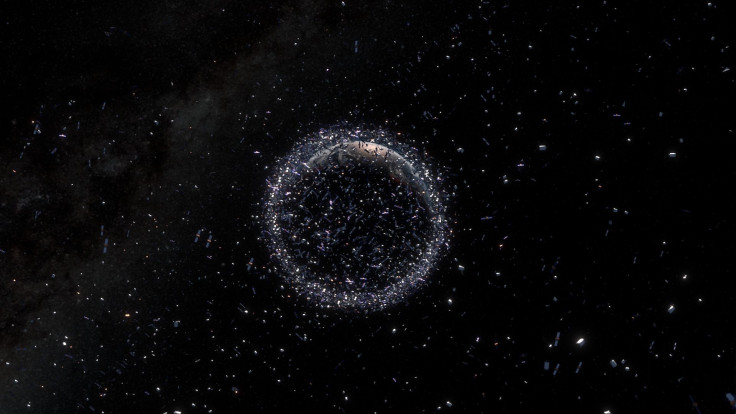Overcrowded Orbit: Collision Warning Issued For Space Habitat And Dead Russian Satellite

Private American space firm Bigelow Aerospace was warned by the U.S. Air Force about a possible collision between Genesis II experimental space habitat and a defunct satellite from Russia. The potential collision prompted the company to issue a statement about the danger posed by the worsening condition of debris in space.
Bigelow Aerospace officially launched Genesis II on June 28, 2007. It was designed by the company as an experimental spacecraft to study the possibility of launching orbiting space habitats.
As an experimental space habitat, Genesis II carried payloads aimed at studying life in space. These included habitats for various organisms such as the Madagascar hissing cockroach, seed-harvester ants and the South African flat scorpion.
More than two years after its launch, Genesis II’s avionics system stopped working. Despite this, the spacecraft still remains in orbit, which allows Bigelow Aerospace’s partner researchers to carry out studies about the space habitat.
Since Genesis II is currently orbiting aimlessly in space, it faces the constant threat of crashing into other cosmic debris. It seems this might actually happen after Bigelow Aerospace stated the U.S. Air Force issued a collision warning for Genesis II.
According to the company, the space habitat is in danger of colliding with Cosmos 1300, a dead Russian satellite that was launched in 1981. Although the chances of the collision happening are a bit slow, Bigelow Aerospace noted that it highlights the constant danger posed by an overcrowded orbit.
“Today, we were notified by the U.S. Air Force that there is a 5.6% chance that Genesis II will collide with dead Russian satellite Cosmos 1300 in 15 hours,” the company said in a statement. “Although that is a relatively low probability, it brings to light that low Earth orbit is becoming increasingly more littered.”
Bigelow Aerospace then warned that future space habitats and other similar station will face the same problems if immediate actions are not taken towards the growing number of space debris.
“Future habitable space stations will face this reality and danger,” the company said. “This proliferation, if not controlled in number, could become very dangerous to human life in low-Earth orbit.”
© Copyright IBTimes 2024. All rights reserved.





















